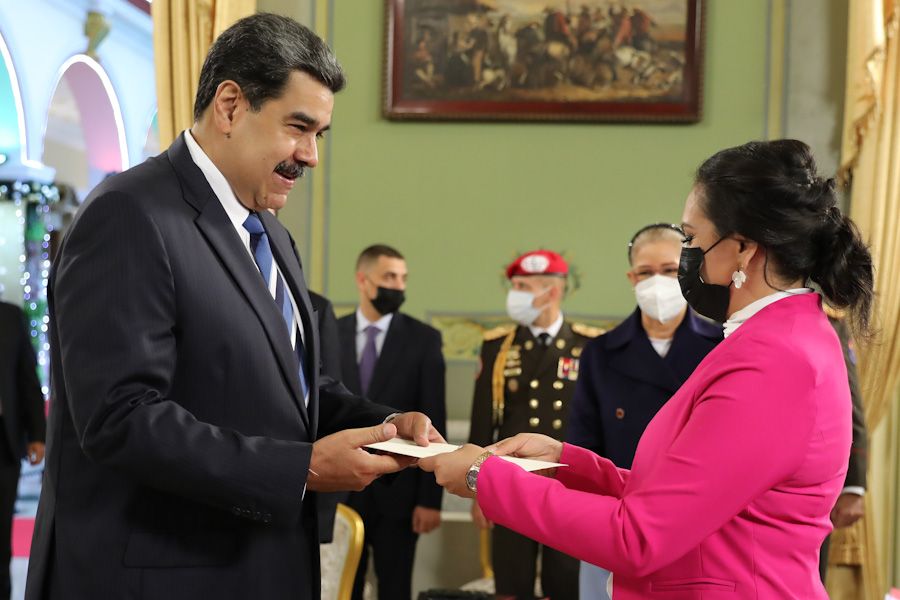
The Broad Front was in favor of a social security reform, which it understands as “necessary” but rejects that the correct one is the one proposed by the government of Luis Lacalle Pou before Parliament.
The reform currently being discussed, which is also rejected by Ariel Ferrarirepresentative of retirees and pensioners in the BPS, “is an incomplete reform of the pension system that unloads the weight of its costs exclusively on the backs of male and female workers, and reduces the margin of freedom of people to decide according to their needs and urgencies,” the Broad Front said in a statement after a press conference.
It “does not contemplate the need for new income to finance the system. It does not take into account the existing inequities within the system itself, nor does it analyze other possible sources of financing”.
“With this reform, most people will have to wait to work longer and retire with less income,” continues the FA statement, which highlights the imminent increase in the retirement age and changes in the replacement rate as the only adjustments against the deficit of the pension system.
a party agreement
For the opposition party, the proposal that was sent to Parliament is the mere result of a package of leadership agreements between the parties of the multicolored coalition, which were built “with their backs to society” that also fails to fulfill the electoral promise of not modifying the retirement rules for current workers.
“The necessary social security reform requires extensive dialogue and agreements, with a comprehensive view of the present and future of the country without opposing the rights of children with those of old age,” the FA statement reads later.
Overwhelming differences between life expectancy between the poor and the rich are also pointed out, as well as the impact of the existing gender gap in the retirement and pension model: “From the Broad Front and with the creation of the National Integrated Care System we are committed to co-responsibility between the State and families in this matter. Not integrating the discussion of care in this debate is to sustain gender gaps in terms of equal access to the comprehensive protection system.
The reform proposal is reduced to a fiscal adjustment, without addressing the necessary exchange on a comprehensive transformation of the social protection matrix that allows facing the challenges of a changing world.



















